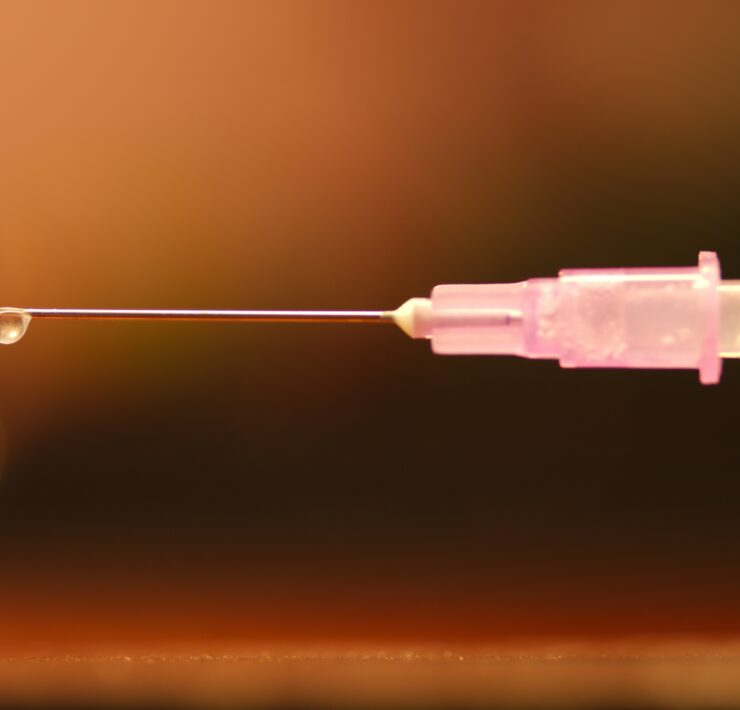Nearly 1,000 Trans Teens in the U.S. Attempted Suicide in 2017

The Centers for Disease Control and Prevention (CDC) estimates that nearly 2 percent of high schoolers in the United States, 2,845 teenagers, are transgender, and an alarming number of them are suffering.
The report, published January 24, drew from a sample of over 131,000 students from ten states, including Colorado, and nine major cities. It asked the students about their experience being victimized or marginalized over the past year, including bullying, intimate partner violence, and sexual assault.
The report states: “The results of this study validate findings from smaller clinical and web-based studies that, at a population level, transgender students are at disproportionately higher risk than are cisgender students for violence, victimization, substance use, and suicide risk.”
It states that 34.6 percent of trans students, nearly one-thousand trans teenagers, have reported a suicide attempt in the past year. A quarter to 35.9% struggle with substance abuse.
This report illustrates that the number of trans teens in America is growing, and so is violence against them. The percentage of trans high schoolers is up from 0.7% as reported by the Williams Institute at UCLA in 2017.
That 1.1% increase is a jump from around 900 students to nearly three-thousand. Luckily, studies are appearing that validate the trans experience, and institutional changes have been slow and shaky, but happening. As more teenagers come out and transition and the national climate surrounding trans people slowly thaws, we can expect this number to grow.
Calling Trans Youth by Chosen Name can Drastically Reduce Chance of Suicide https://t.co/VPv9K2O6d7 #trans #name #SuicidePrevention #SuicideAwareness pic.twitter.com/YWqBGAdSb8
— Acespecially – ⚢ she | her ⚧ ♀ (@acespecially) January 18, 2019
However, part of that thaw has to include addressing the disproportionate levels of violence and undue agony that trans teens still face.
The CDC report concludes with a call for that action: “Transgender youths in high school appear to face serious risk for violence victimization, substance use, and suicide, as well as some sexual risk behaviors, indicating a need for programmatic efforts to better support the overall health of transgender youths. Taking steps to create safe learning environments and providing access to culturally competent physical and mental health care might be important first steps to improving the health of transgender youths.”
If you or a loved one are suffering, reach out to the Trans Lifeline at 877-565-8860 or The Trevor Project.










